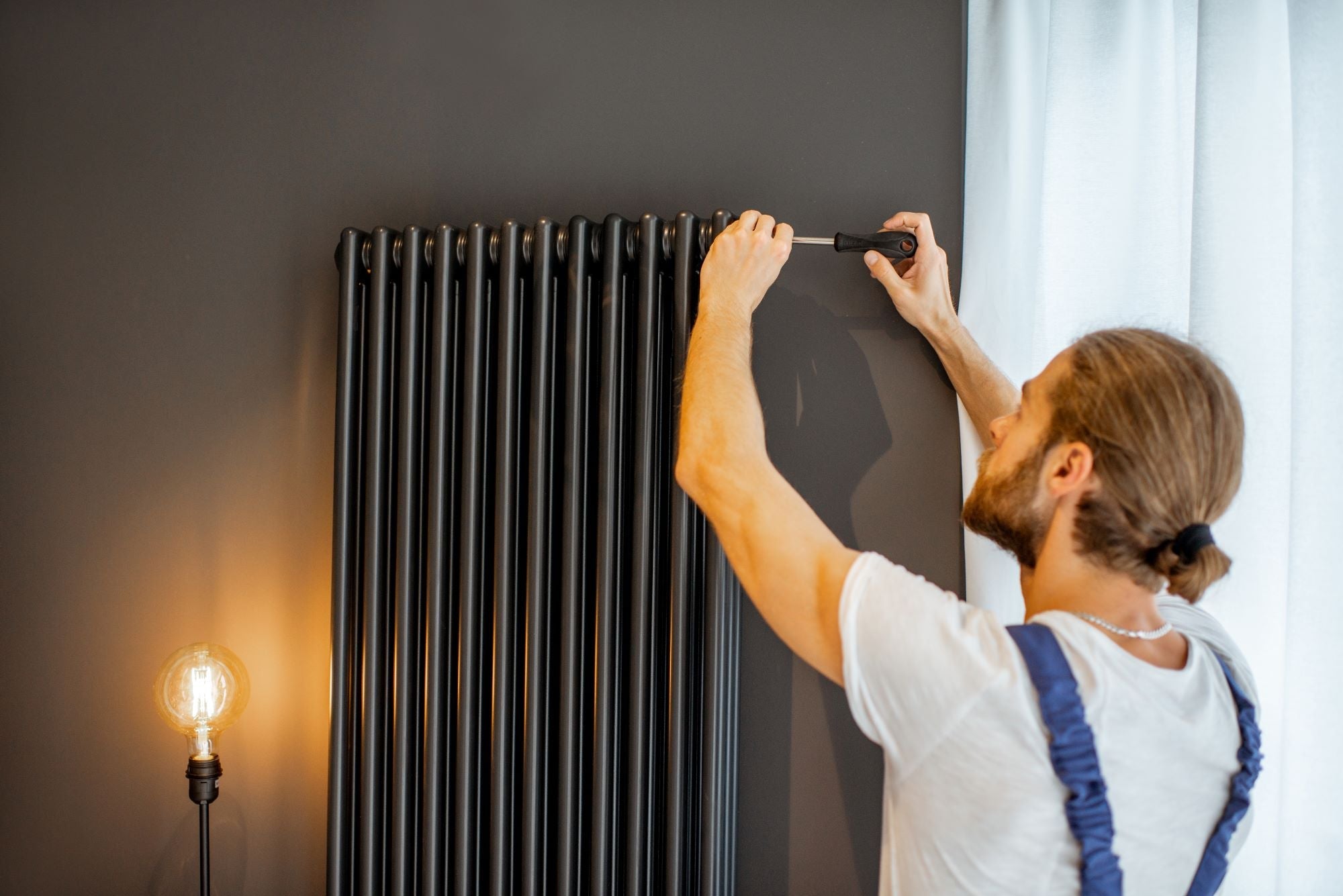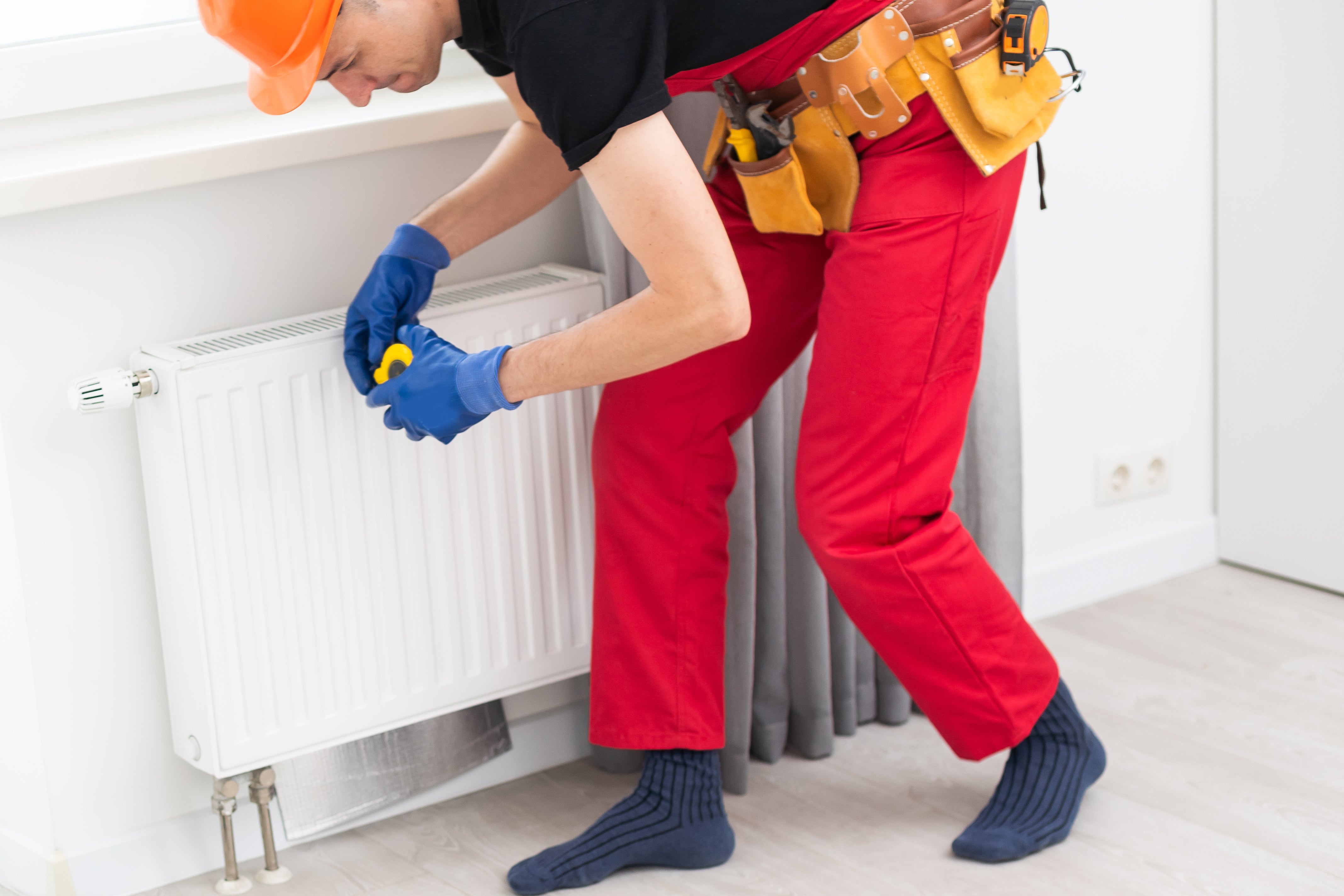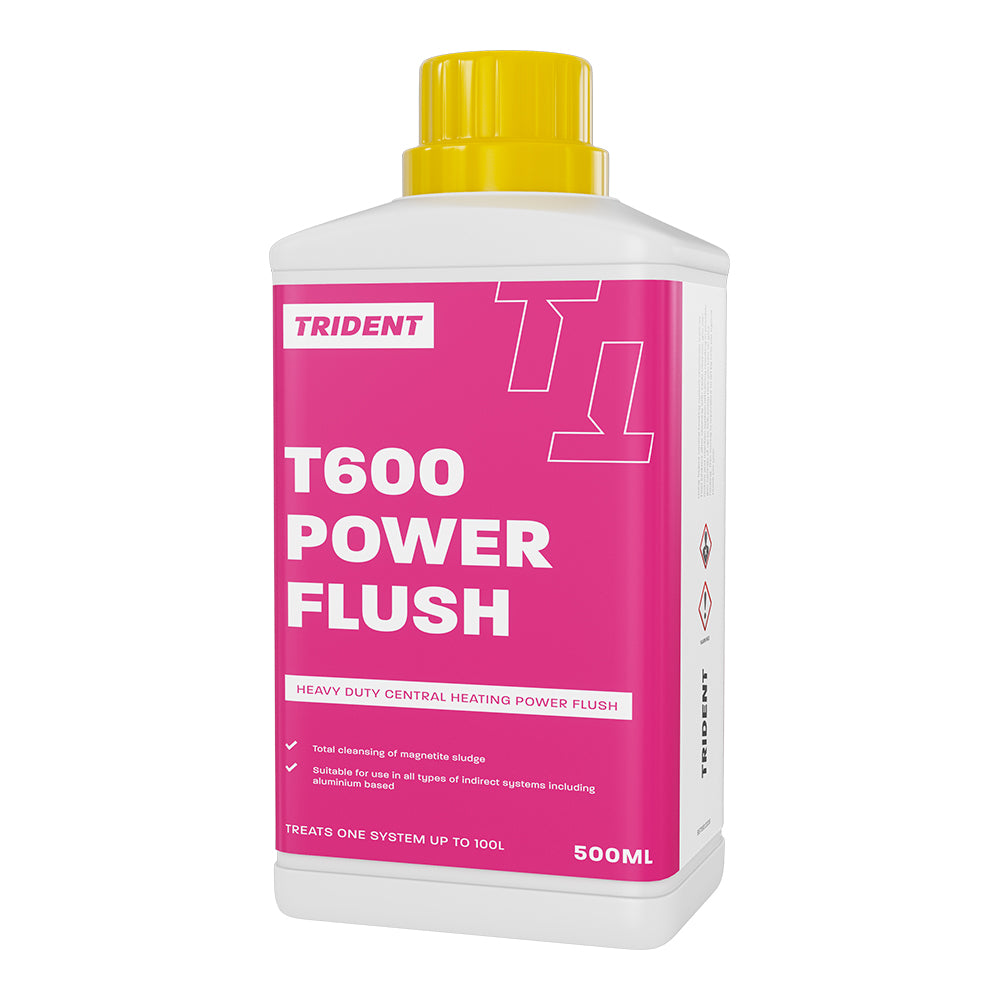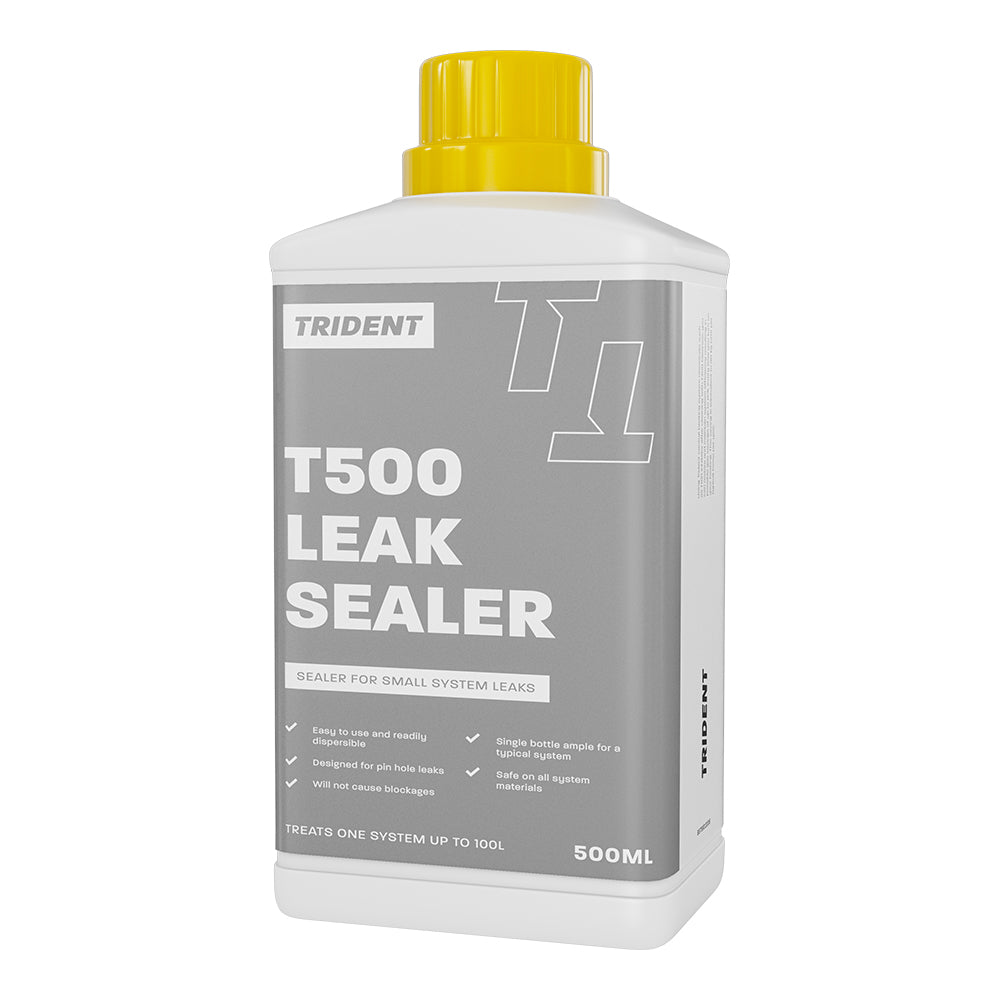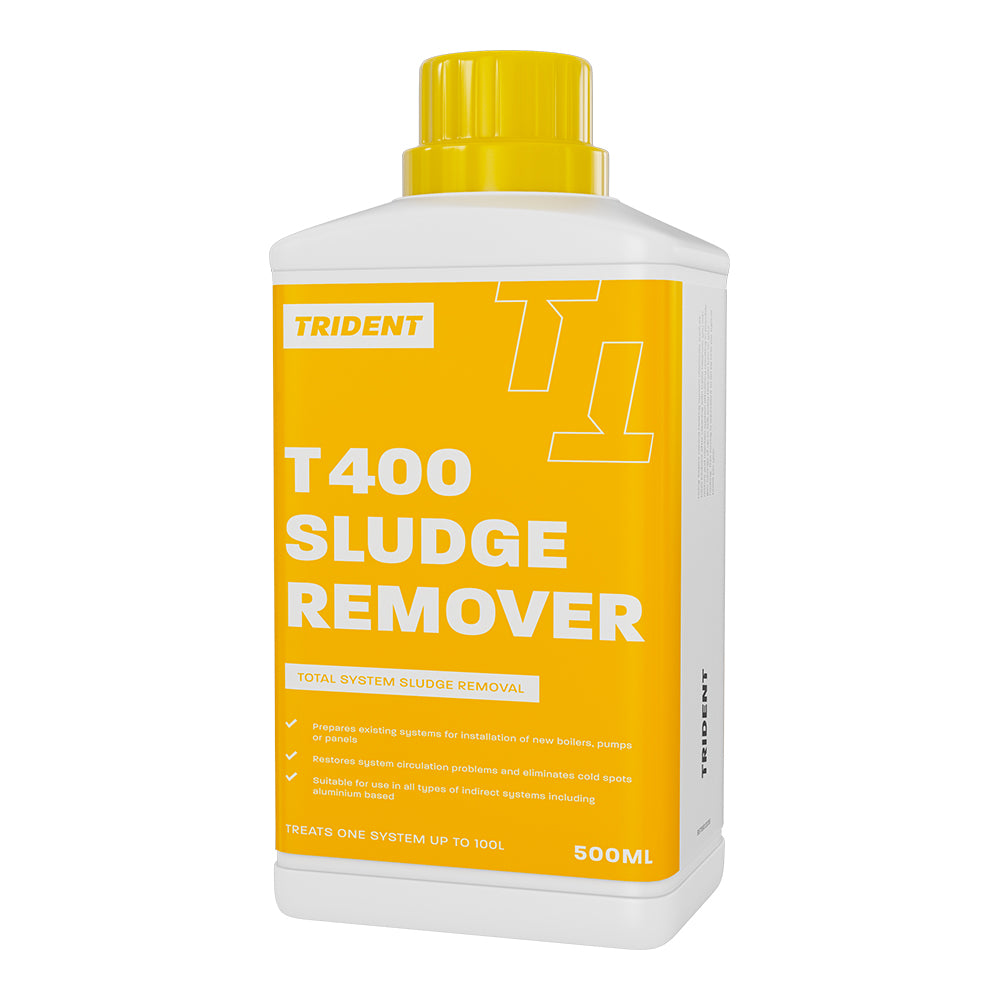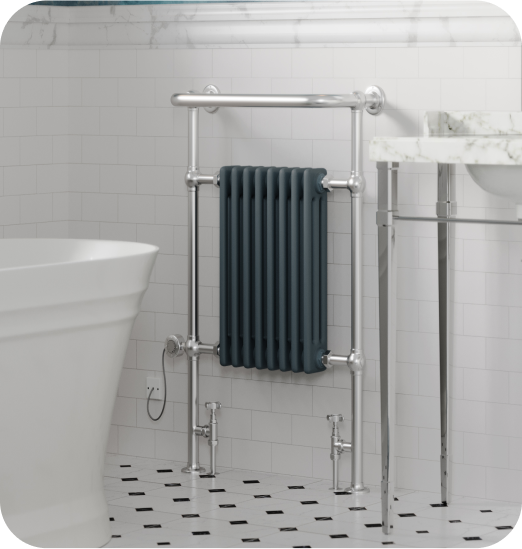The Radiator Smells Like Gas
A radiator should not produce this smell, it can smell a variety of things but household gas is not one of them. The
HSE website can tell you what to do in this situation.
Petrol Smell in the House
You shouldn’t smell petrol in your house. If you have an adjoining garage with a car, then that could be a cause, or if you have been using petrol/diesel household items, like a lawnmower, the smell may be from that. If a petrol smell is concerning you, your local authority may be able to help you deal with it, an example for Manchester City Council is
here.
Rotten Cabbage Smell
Household gas has often been described as smelling like rotten cabbage. In this situation, turning to the
HSE website for advice can help with this.
Smelly Socks Odour
First check for actual smelly socks down the back of the radiator or stinky boots nearby, maybe give your feet a whiff. Much like rotten cabbage, some people think that household gas smells like old smelly socks. The
HSE website can tell you what to do in this situation.
Rotten Eggs Smell
Unless you have an
auto-vent (which bleeds air from radiators automatically), you shouldn’t be able to smell this kind of odour, unless there is a leak. So first off, we recommend checking for leaks. Secondly, is there a drain nearby, like a kitchen sink or bathtub? We'd advise making sure the smell is not coming from that. To make sure it is coming from the central heating system, here are some tips and equipment you will need to prevent this smell:
- A radiator bleed key or screwdriver
- A fairly decent-sized cup/mug
- A towel/old rag
To ensure you eliminate this smell from spreading further into your home, follow our steps: 1. Make sure the central heating is off and the radiators have cooled. 2. Locate the bleed valve. 3. Turn the bleed valve a bit, a quarter turn is usually enough which should enable you to hear a hissing sound from your radiator. 4. You might start to smell the odour, but you may want to let some water come out to check the state of that 5. Either use the old towel, mug or cup if you can position it well, and catch a quarter cup of water. If the source of the smell is identified as the radiator water content, we have a couple of issues: a) If you don’t have an auto-vent you need to re-check for leaks, radiators are sealed and airtight in nature, so there is no reason to smell this from a radiator unless it is leaking. If your radiator is leaking, it might be time to consider installing a new one. We have a stunning and eclectic range of designer and column radiators at UK Radiators on offer. b) Regardless of whether you get a new radiator, you are going to want to drain down your system, possibly flush it, and then refill it. Instructions for draining down can be found
here. c) You need to keep on top of annual servicing and maintenance, especially using
inhibitors. Dark smelly water is a good sign of corrosion in the system, see our
rust and corrosion guide for more information.
Sulpher Smell Coming From Radiator
Some people smell rotten eggs, some people smell sulphur, the solution is in the steps above for the rotten eggs smell coming from the radiator.
Radiators Smell Like Brimstone
For those with a dramatic flair, you may describe the sulphur or rotten egg smell as brimstone. The solution is in the step above for the rotten eggs smell coming from the radiator.
Musty Smell Coming From Radiator
This is common in all types of heating devices - electric radiators (especially fan-assisted ones), central heating radiators, and gas fires. You would usually notice this when the heating has not been used for a while, over spring and summer and you first put it on at the start of winter. It is commonly just dust particles burning away or being forced to rise up off the heating device and circulate the room. To avoid this (or at least reduce it), dust off the radiators before turning the heating on. You seldom get it all, but you may notice a difference from removing some of that dust!
A Burning Smell Coming From Radiator
This one is a bit tricky and depends on the type of radiator: If it is a central heating system and the smell is coming from the radiator, it may be the musty smell above. It may also be an old sock or something else being stuffed down the back of it, heating up and giving off a more powerful musty smell. For electric radiators, if you are certain it is burning and not musty, you will need to turn off the device in a safe way so that the issue can be investigated further. You may need help from a professional to safely investigate this further.
Burning Plastic Smell Coming From Radiator
Newly installed electric radiators can sometimes have this smell, you should ask the installer if this is an issue as it is sometimes hard to differentiate between this smell and the “first time use” smell you get with anything that has an electric element for heating (similar to the smell a kettle gives off the first time you use it, almost chlorine like). If it is not a newly installed radiator, you will need to turn off the device in a safe way so that the issue can be investigated further. You may need help from a professional to safely investigate this further.
Fishy Smell Coming From Radiator
This is most common in electric radiators, however, this is usually an early indicator of a significant fault with the device or the wiring connecting the device, or the wiring in the home near to the device. If you suspect the device, you will need to turn off the device in a safe way so that the issue can be investigated further. You may need help from a professional to safely investigate this further. If you need a replacement electric radiator, you can check out our
electric heating section on the website. We hope that we have helped you sniff out the problems with your radiators, while everyone will perceive a smell differently, always remember, when in doubt, safety first!



